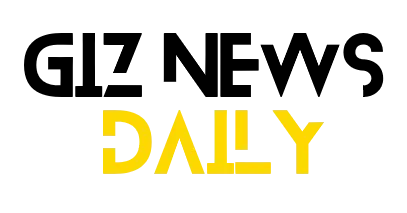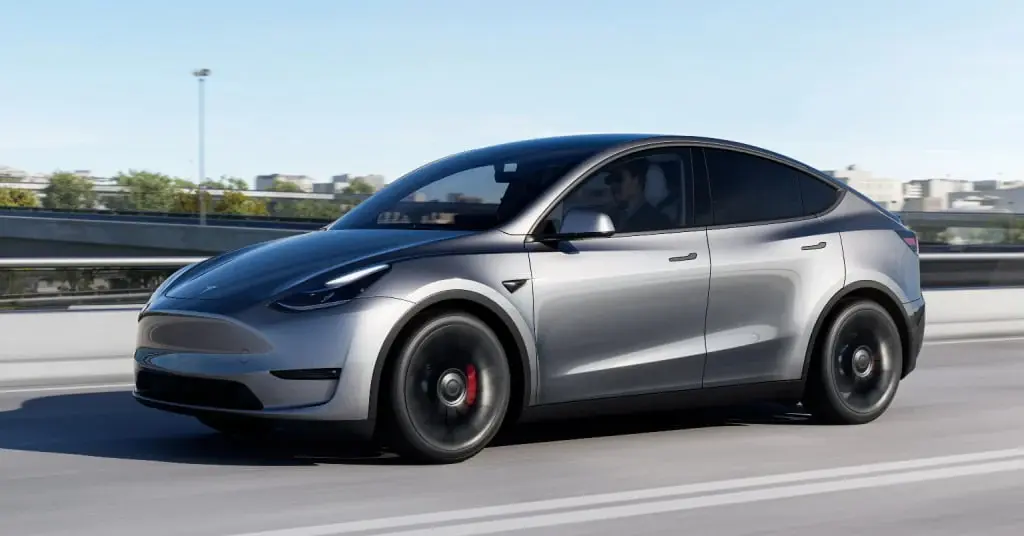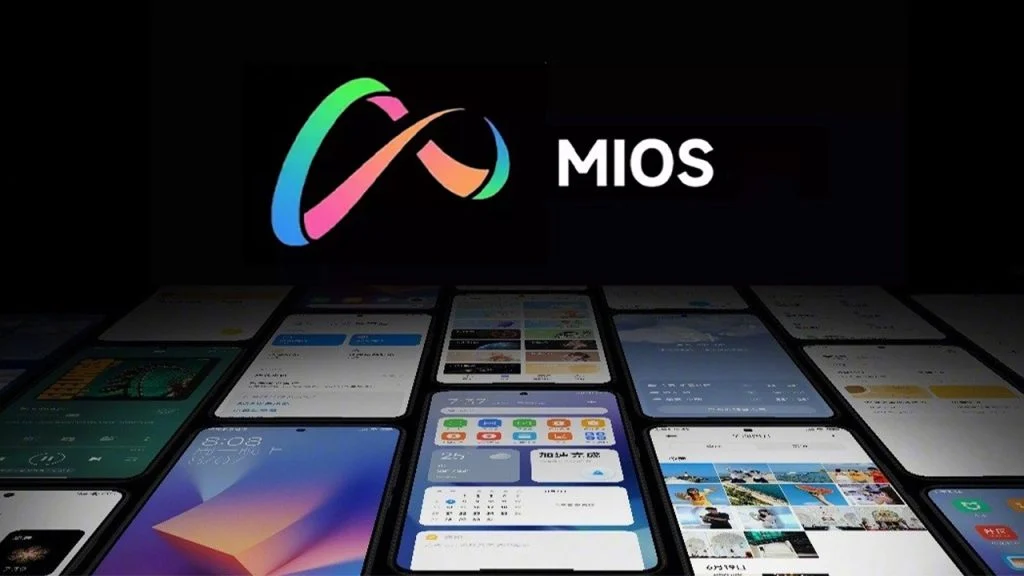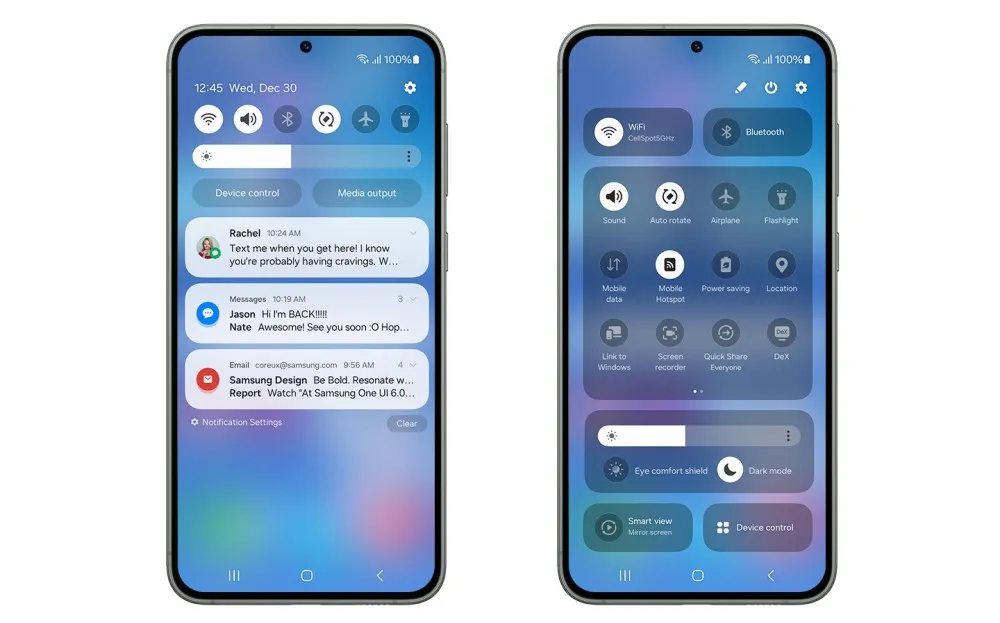In January 2024, Tesla recorded just a single EV sale in South Korea. The company sold just a single unit of the Model Y SUV, highlighting growing concerns in Korea relating to EVs manufactured in China. There are also pricing challenges and a lack of charging infrastructure negatively affecting demand in Korea.
Worst-Ever Sales Performance
Since July 2022, the sale of a single Tesla EV last month in Korea is the worst-ever sales performance by the American company. It is noted that the data put together by researcher Carisyou and the Korean Trade Ministry indicate an 80% decline in the number of new EV registrations in January when compared with December 2023. Higher interest rates and inflation are believed to be among the factors dampening consumer demand for EVs in the country. There are also issues relating to EV fires due to battery overheating, as well as a dearth of fast chargers in Korean cities. The China-made Tesla Model Y was one of the top-selling brands in 2023.
Perceived Links to China
While overall demand for EVs is on a decline in Korea generally, the dip in sales by Tesla could also be affected by its perceived links to China. A recent survey indicates that most Koreans who wanted to buy Tesla cars have bought one, but some people recently started disliking Tesla after finding that some of the models were manufactured in China. Korean consumers are concerned about the quality of manufacturing in China, the survey indicated. The low January sales could also be connected to the seasonal behavior of the Korean consumer. January is not the best time to buy EVs as consumers await the government’s announcement of subsidies. A Tesla spokesperson in Korea also stated that consumers delayed EV purchases before the confirmation of subsidies.
Pricing Challenges
The cost of the Model Y was fixed at 56.99 million won ($43,000) in July 2023 and this made it qualify for a full government subsidy. However, a recent announcement by the regulator has further lowered the threshold for government subsidies to EVs priced below 55 million won, which will result in up to a 50% decline in allowable subsidy for the Model Y. It is unclear whether there will be a reaction by Tesla to the new subsidy regime but the company remains upbeat that demand in Korea will pick up.



